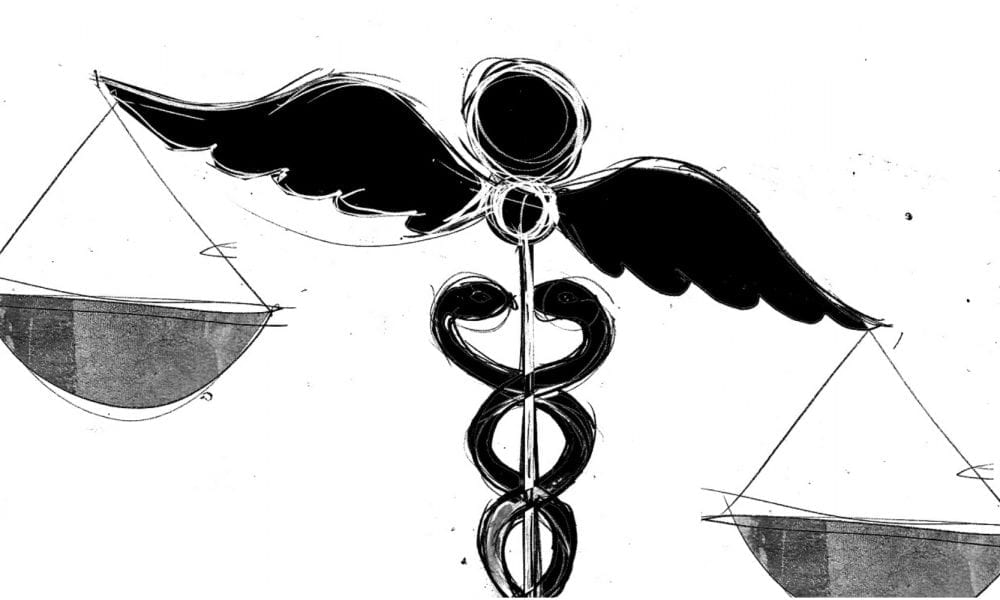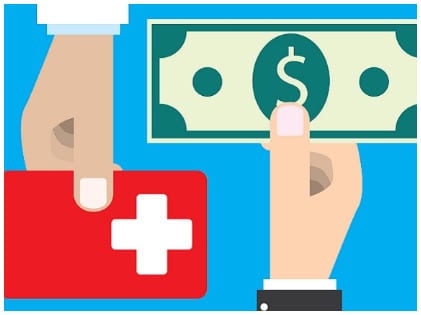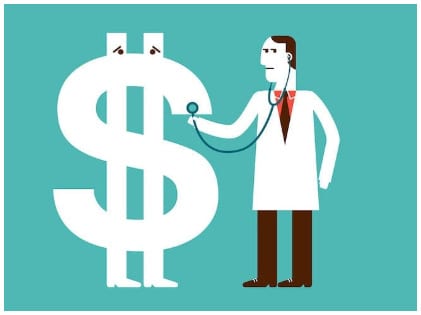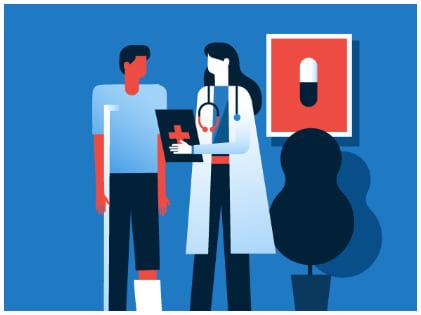
Healthcare Inequality and How It Affects Every Citizen

 Healthcare inequality is perhaps something you may not have heard of before. This is a term that describes the case when there is a group of people in an economy that is in worse health in comparison to others in the economy.
Healthcare inequality is perhaps something you may not have heard of before. This is a term that describes the case when there is a group of people in an economy that is in worse health in comparison to others in the economy.
In America, health inequality directly relates to income inequality. Studies suggest that the higher a person’s income, the better their health.
America’s Health Inequality
There is one reason that explores why America’s healthcare inequality is such that it is. This is because it is the only developed country that relies on private health insurance. This means that people who have the benefit of corporate-sponsored healthcare plans enjoy better healthcare access.
Before the implementation of the Affordable Care Act, nearly 25% of US citizens had either minimal or no health insurance. This resulted in the deaths of more than 101,000 of this 25% each year, as they could not afford the expensive health care in America. Some people have lost their homes, cleared their savings, and incurred severe credit card debt through medical bills. The US economy is suffering from this since half of all the bankruptcies in the country are a result of medical debt in some way or form.
The Hard Facts
 Between the years 2011 and 2013, 38% of American households with an income below $22,500 per annum had poor or moderate health. Only a low 12% of the families with an income exceeding $$47,700 per annum reported low to moderate health. This applied to both groups, even in the event of insurance coverage.
Between the years 2011 and 2013, 38% of American households with an income below $22,500 per annum had poor or moderate health. Only a low 12% of the families with an income exceeding $$47,700 per annum reported low to moderate health. This applied to both groups, even in the event of insurance coverage.
It found that the 1% of the most affluent people lived on average 15 years longer than the poorest 1%. Studies concluded that low-income individuals were over 33% as likely as affluent individuals to develop chronic health issues that affect daily life. Unfortunately, economically, the facts don’t look good either since the wealthiest 1% have seen their total income increase by 10% between 1979 and 2007 while the most deficient 1% saw their share decrease by between 1 and 2%. The global financial crisis in 2008only saw the wealthy grow wealthier.
Health and Low-Income Families
There are several reasons as to why low-income families tend to have poorer health. Some of the reasons are that low-income neighborhoods are situated such that they do not have nearby access to prime healthcare facilities. This is most true for rural areas. There is also a rising cost of healthcare such that one in every five Americans actually go without medical attention since they cannot afford it. Costly healthcare is also throwing people from middle-income groups into poverty. The inequality in health insurance is that many poor people cannot afford Medicaid, even if they are working. Under Obamacare, they do receive subsidies, but the coverage applies to certain medical facilities and for specific treatment or practices. Thus, in rural areas, this cover is still insufficient.
How This Affects You
The inequality in the healthcare system increases costs for everyone. The people who cannot afford health insurance that covers preventative care end up in emergency rooms. Since the Emergency Medical Treatment and Active Labor Act states that hospitals cannot refuse to treats individuals who show up in the emergency room, there is a cost of $10 billion per year to treat uninsured people. The insurance covers the cost and added to your taxhttps://en.wikipedia.org/wiki/Tax bill.
The Solution
 A system called universal healthcare is one that offers high-quality medical services to every citizen, irrespective of their financial status. The federal government provides this to each person regardless of them being rich or poor. There are many advantages to such a system. This system happens to lower healthcare costs for the entire economy.
A system called universal healthcare is one that offers high-quality medical services to every citizen, irrespective of their financial status. The federal government provides this to each person regardless of them being rich or poor. There are many advantages to such a system. This system happens to lower healthcare costs for the entire economy.
The government can control the prices of treatment and medication through regulations and negotiation. It eliminates administrative costs, as there is no dealing with different private medical professionals. Also, healthcare providers do not need to employ staff to manage health insurance company rules. Hospitals and doctors follow this system to offer the same standard of medical service to all patients and at a low cost.
Healthcare is an integral part of our lives. It is a necessity, and so it is unfair for there to be such discrepancies in pricing for treatments and services, and for service providers to be varying prices so dramatically. Healthcare inequality is a real concern, and it affects everyone, whether they realize it or not.
More in Motivation
-
`
Does Drinking Water Affect Adrenal Hormones?
Drinking water is often seen as a simple way to stay hydrated, but it has deeper effects on our body than...
November 14, 2024 -
`
Why We Feel the Loss of Celebrities So Deeply?
Celebrity grief might sound strange at first. After all, most of us have never met these famous figures in person, yet...
November 5, 2024 -
`
Are High Deductible Insurance Plans as Ideal as They Appear to Be?
High deductible insurance plans have been a hot topic for years, especially as healthcare costs continue to rise. For many Americans,...
October 31, 2024 -
`
How Training Load Data Can Transform Your Exercise Routine
Tracking progress during workouts is challenging. Simple metrics like mileage or time don’t show the whole picture. Understanding the overall effort...
October 26, 2024 -
`
Katy Perry’s Weight Loss Journey: Secret Diet Tips Revealed
Katy Perry’s weight loss journey has been making headlines, with the pop star shedding 20 pounds over the past few months....
October 16, 2024 -
`
Celebrity Trainer Jeanette Jenkins Shares 5 Key Workout Motivations
Jeanette Jenkins is one of the most sought-after celebrity trainers, known for her ability to motivate and inspire people to achieve...
October 8, 2024 -
`
How to Spot Lung Problems Early and Protect Your Health
Lung problems can sneak up on anyone, affecting breathing and overall well-being. Recognizing early symptoms can be crucial in preventing severe...
October 2, 2024 -
`
How to Get Into ‘Breaking Shape’ | A Guide for First-Timers
Breaking is not just a dance style. It is a full-body workout. To get into breaking shape, you will need more...
September 27, 2024 -
`
What to Do If You Mess Up Your Diet: A Recovery Guide
Everyone makes mistakes when it comes to diet. It’s natural to wonder what to do if you mess up your diet,...
September 19, 2024















You must be logged in to post a comment Login